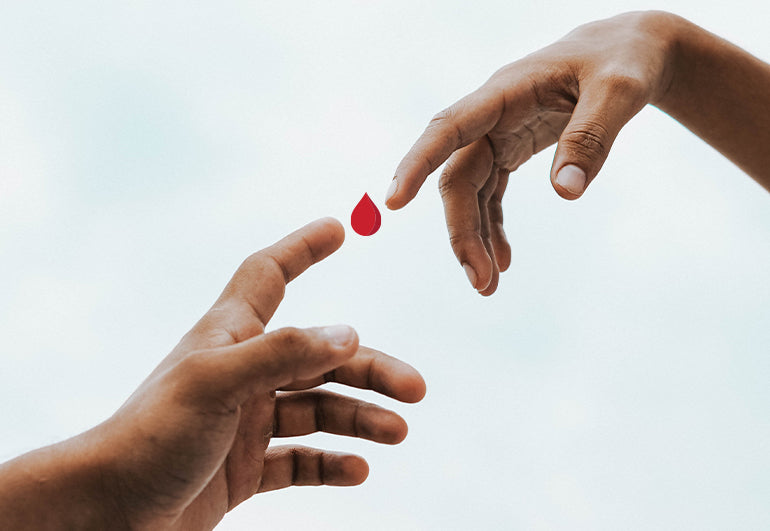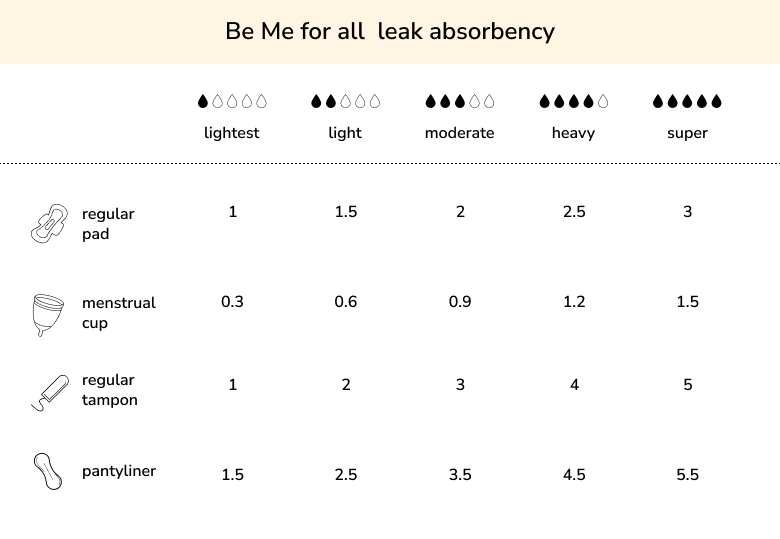
What’s the connection between your menstrual cycle and hormones?
Hello, dear women of Be Me! Today we're going to talk about a topic that has made us curious at some point or the other - the connection between your menstrual cycle and hormones.
While this might seem like a boring topic, trust us when we say that it's anything but. So, let's dive in and explore what exactly goes on with our bodies during that time of the month.

RECAP: WHAT HORMONES ARE
Hormones are chemical messengers in our bodies that are responsible for various functions. When it comes to menstruation, the two key hormones are estrogen and progesterone.
Estrogen is responsible for thickening the uterine lining, while progesterone is responsible for maintaining that lining and preparing the body for a potential pregnancy.

NOW, LET'S TALK ABOUT...
The different phases of our menstrual cycle - the follicular phase, ovulation, and the luteal phase.
The follicular phase is when the body is preparing to ovulate, and the uterine lining is thickening. Ovulation is when an egg is released from the ovaries and travels down the fallopian tube. The luteal phase is when the body prepares for the possibility of pregnancy, and the uterine lining continues to thicken.
During the follicular phase, estrogen levels rise, leading to an increase in cervical mucus and a decrease in basal body temperature. This is also the time when you might experience some premenstrual symptoms like bloating and mood swings.
During ovulation, estrogen levels are at their highest, and you might notice an increase in libido and a change in cervical mucus consistency. This is also the time when you're most likely to get pregnant, so if you're not trying to conceive, make sure to use some type of protection!
During the luteal phase, progesterone levels rise, and you might experience symptoms like breast tenderness and mood swings. If you don't get pregnant, progesterone levels will drop eventually, leading to the shedding of the uterine lining and the start of your period.

WHAT CAN YOU DO TO MANAGE THESE FLUCTUATING HORMONES?
You can use hormonal birth control, which can regulate your cycle and reduce some of the more unpleasant symptoms. Or, you could practice self-care, like getting enough sleep, eating a healthy diet, and staying active. And finally, don't be afraid to talk to your healthcare provider if you're experiencing particularly severe symptoms - there are plenty of treatment options available.
To conclude, it seems like our hormones have the most fun while we’re menstruating. But their complex dance is also important in order for things to go the way they must.
When we learn to understand our bodies and take good care of ourselves, we can make our periods more manageable and less stressful. So, three cheers for our hormones! They may be flaky but they're doing everything to keep us healthy.










